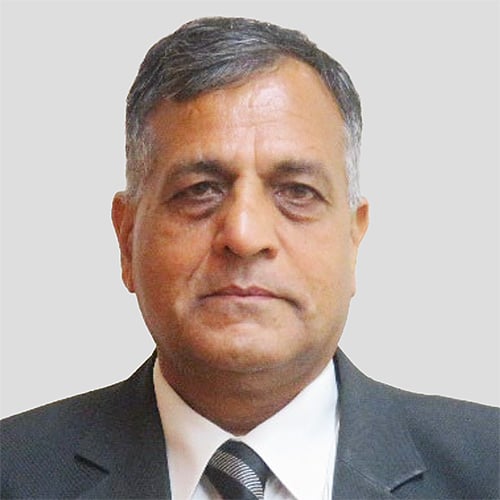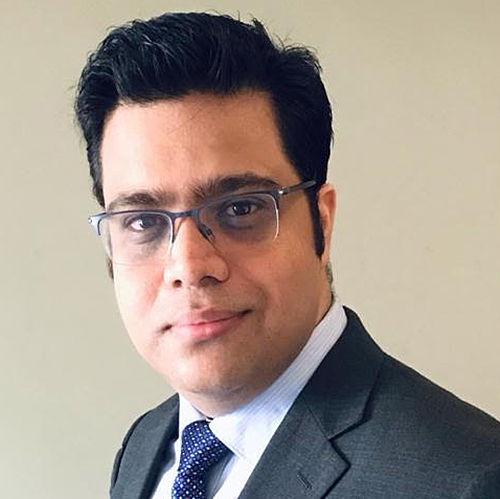Southeast Asia is catching up with the sustainability and green financing themes that continue to gain momentum across Asia. Corporates and financial institutions are joining the bandwagon, setting benchmarks with transactions that introduced new asset classes in the markets.
These transactions stood out among the best deals that defined the capital markets in Southeast Asia in The Asset Triple A Country Awards 2019. In Indonesia, the state-controlled Bank Rakyat Indonesia, which specializes in small-scale and microfinance lending, printed the first public sustainability bond offering in Southeast Asia amounting to US$500 million, which achieved a negative new issue concession of -2bp. Kencana Energy Lestari, on the other hand, launched a 290.37 trillion rupiah (US$20.59 million) initial public offering, representing the first green energy hydropower plant IPO in Indonesia.
Rizal Commercial Banking Corporation (RCBC) arranged the first Asean sustainability bond issued in the Philippines, amounting to eight billion pesos (US$156.86 million), which was upsized from the target offering of five billion pesos. Also winning the Best green bond for corporates in the Philippines is AC Energy with its US$410 million multi-tenor CBI (Climate Bond Initiative)-certified bond. With the Asian Development Bank and International Finance Corporation joining the transaction as key investors, this represented the first CBI-certified US dollar bond in Southeast Asia and the first corporate green bond in the Philippines.
The Bank of the Philippine Islands also issued its own Asean green bond, amounting to CHF100 million (US$101 million). This landmark deal represents several firsts for a Philippine capital markets deal, including the first-ever Swiss franc-denominated bond offering out of the Philippines, the first ever offshore green bond by a Philippine bank, and the first-ever negative yielding bond to be issued from the Philippines.
Over in Singapore, Louis Dreyfus Asia priced a US$650 million sustainability-linked syndicated revolving credit facility, its first such transaction, which was upsized from US$500 million at launch. Sunseap Leasing, on the other hand, secured a bilateral loan of S$42.75 million (US$31.40 million) for a portfolio of solar assets, with the proceeds used to finance the installation of a series of solar photovoltaic systems on the rooftops of 210 sites.
Meanwhile, the robust activity in the G3 bond market in Asia this year, outside of Japan and Australasia, failed to inspire issuances in a number of Southeast Asian markets, according to Refinitiv, with the volumes in Indonesia, Singapore and Thailand as of November 15 failing to match the numbers recorded during the same period in 2018. Even still, there were a number of interesting deals that were arranged in those markets in 2019.
In Indonesia, where the issuance volume was impacted by the presidential election, according to one banker, the winning deals include the US$775 million amortizing project bond for Lestari Banten Energi, and the US$650 million fixed rate bond for Medco Energi, the second US-style bridge-to-bond offering out of Asean, primarily to finance the company’s acquisition of Ophir Energy.
In Thailand, the bond deals that stood out in 2019 include the US$1 billion dual-tranche fixed rate notes by Siam Commercial Bank and the US$800 million Basel III tier 2 capital securities by Kasikornbank, the longest-dated Basel III tier 2 in Reg S only format from Asia. In Singapore, United Overseas Bank achieved the lowest ever yield for a Basel III Singapore dollar additional tier 1 notes for its S$750 million issue.
The Philippines and Malaysia, though, generated higher overall volumes as of November 15 this year, compared to a year ago. In the Philippines, the sovereign, Philippine National Bank, and SMC Global Power Holdings Corporation printed deals that won awards in 2019. The Government of Malaysia was also cited for its 200-billion-yen (US$1.84 billion) bond guaranteed by Japan Bank for International Cooperation – the largest sovereign issuance in the Samurai bond market since 2001 and achieved the lowest coupon rate of any sovereign issuer in the Samurai market since 2009.
In the equity capital market, the overall volumes of the transactions in Thailand, the Philippines, Indonesia and Vietnam declined as of November 15 this year, Refinitiv figures show. Singapore bucked the trend with a higher volume of US$8.29 billion, compared with US$4.61 billion the year before, on the back of various placements, preferential offerings and rights issues by Reits. In addition, three Reits were listed on the Singapore Exchange, including Prime US Reit, which raised US$612 million, Eagle Hospitality Trust (US$565.8 million) and ARA US Hospitality Trust (US$450.7 million).
Vietnam, on the other, fell flat this year with no recorded IPO, compared with last year when Vinhomes Joint Stock Company raised US$1.35 billion.
Meanwhile, there were some other innovative deals launched in the Southeast Asian markets during the coverage period with AEON Credit Service (Philippines), which provides financial assistance to those which have typically limited access to banking services, raising one-billion-pesos fixed rate notes, representing the first debt transaction under the Asean+3 multi-currency bond issuance framework in the Philippines. In Thailand, AIMIRT Industrial Growth Freehold and Leasehold Reit raised 3.12 billion baht (US$103 million) through a preferential public offering. AIMIRT is the first of a kind Reit in Thailand that is managed by an independent Reit manager.
In Vietnam, the US$1.163 billion senior secured project bond and loan for AES-VCM Mong Duong also attracted a lot of market attention – being the first-ever project bond from Vietnam and the largest ever sub-investment grade project bond in Asia, featuring an innovative repack financing structure.
In terms of best banks and best advisers, Citi was voted as Best bank – Global in Indonesia, the Philippines, Singapore, Thailand and Vietnam; while HSBC wins the accolade for Malaysia on the strength of its Islamic banking franchise. For the Best domestic bank award, the repeat winners include Bank Central Asia in Indonesia, Public Bank in Malaysia, BDO Unibank in the Philippines, DBS in Singapore, and Siam Commercial Bank in Thailand. For Vietnam, there was a new winner in HD Bank, which was cited for its performance during the coverage period.
Citi also wins the Best corporate and institutional adviser award – Global for the Philippines and Thailand, while Credit Suisse wins the honours for Indonesia and Singapore. HSBC wins this accolade for Malaysia and Vietnam. In the domestic category for Best corporate and institutional adviser award, United Overseas Bank outperformed the competition to win for Singapore, while Bahana Sekuritas was voted as the winner for Indonesia moreover AmInvestment Bank is another top winner in Malaysia.
For the complete list of Best banks and advisers, by country, please click here.
For the complete list of Best deals, by country, please click here.
To join the dinner celebration, please contact [email protected].









